Cooking Up a Storm in the Catalan capital: An Expat’s Story
13. 11. 2019
5 min.
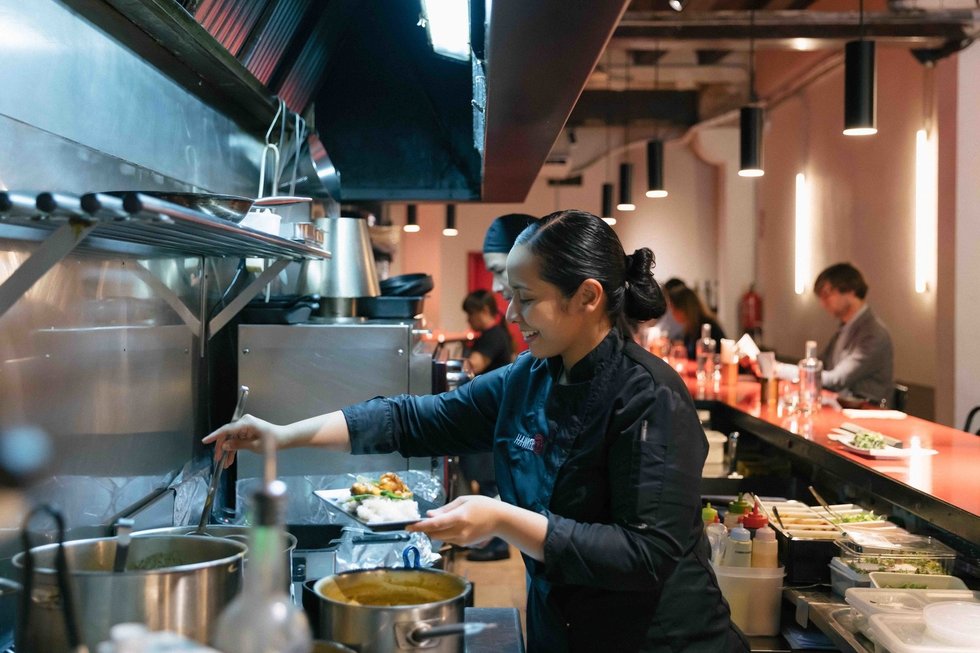

Freelance writer based in Barcelona. He has a background in education and languages and has lived in the UK, Italy and Spain.
Unlike other restaurateurs in Barcelona, Laila Bazham started her career working in the banking industry in Southeast Asia and the Middle East. Not content with the world of finance, she took a leap of faith, crossing continents to realize her dream of becoming a chef and, in January 2019, celebrated the two-year anniversary of the opening of her own restaurant, Hawker45.
Tell us a little bit about yourself.
I spent my childhood in Pampanga in the Philippines. I wouldn’t say I was an entrepreneurial kind of kid, but my dad had a construction business, so I grew up in an entrepreneurial family. My mum’s a teacher, but they worked on the business together, and I saw that when I was growing up.
How did your career in finance start?
My brothers are doctors, engineers, and lawyers—those were the traditional career paths that you took in my family. So I ended up studying economics and getting into finance, but it wasn’t because someone told me to, it was just the culture around me at the time. I never thought I’d go into the service industry.

What motivated the change?
By the time I was 27, I’d been working in finance for about six years, both in the Philippines and Dubai, and while I wasn’t miserable, I was thinking to myself, “What’s my passion?”—I wanted something that would excite me. I finally realized my passion was food—as a kid I was always exposed to good food and cooking, and as time passed, I realized I was cooking every day and could talk about food for hours! So I thought, “Maybe I can do this as a career.”
I saved up for six months, then went to San Sebástian (in northern Spain) and basically worked for free. I banged on restaurant doors and obviously most of them said no, as I didn’t have any experience or training, but finally Mugaritz gave me a stage (unpaid internship). I was so excited! When the chef said, “You can start on Monday,” I asked, “Can I start tonight?”
“While I wasn’t miserable, I was thinking to myself, “What’s my passion?”—I wanted something that would excite me.”
How did your family and friends react?
I didn’t tell my family for the first six months—I told them I was on holiday! When I finally did, they didn’t understand the decision but they knew I could pull it off. They trusted me. However, my colleagues thought I was crazy. They said, “What are you doing? You’re throwing your life away!” I had one friend who understood, but 99% of them thought I was insane.
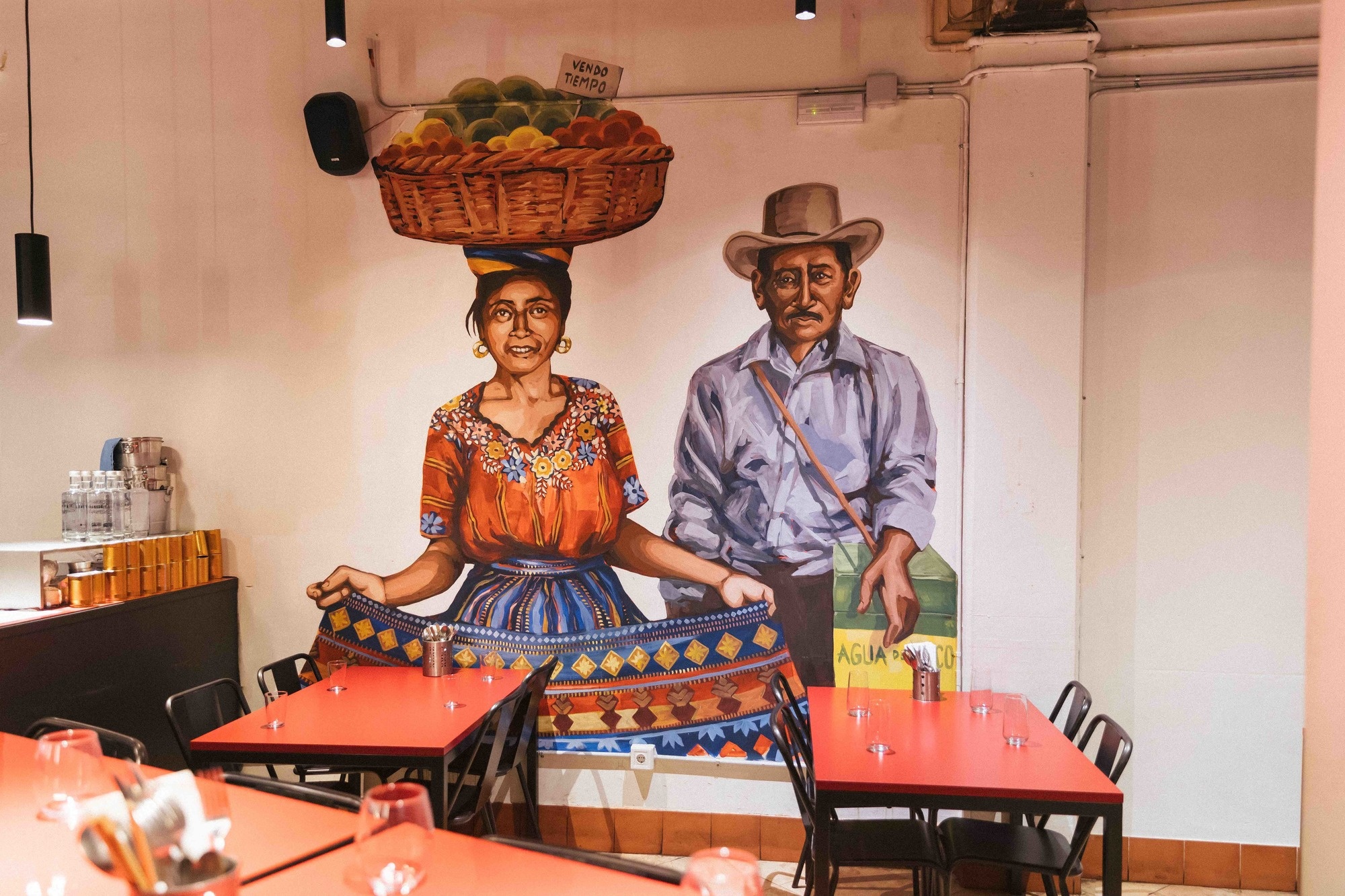
What were your first steps in the industry prior to opening Hawker45?
After my stage in San Sebástian, I went to Singapore and worked my way up through different restaurants, ending up at L’Atelier de Joël Robuchon and then Anti:dote. I wanted to open a restaurant, so after about four years, I decided to do an MBA in hospitality management and restaurant operations. I’d visited Barcelona before and loved it, so found a program here. And while I was doing that, I was asked to do some pop-ups with food that would pair well with beer and I immediately thought of hawker food. It’s so good, accessible, and affordable, and you couldn’t find it here. And people loved it—we were packed.
Why did you choose to set up your restaurant in Barcelona?
The pop-ups were so successful and everyone asked if I was going to open a restaurant here, which I hadn’t been thinking of doing, but it made sense as there was a gap in the market. People here love Asian food, but it’s always Chinese or Japanese, with little Southeast Asian cuisine. And in Barcelona there’s room to experiment—even if it’s not perfect, you can launch. I don’t think that’s the case in London or New York, it takes a lot of money to open there. Here, we were working on a shoestring budget, so I could live with it if it failed.
“In Barcelona there’s room to experiment—even if it’s not perfect, you can launch.”
Looking back, what was the most challenging aspect?
Obviously the bureaucracy. You need to hire an accountant and a lawyer, which I’d never had to do in Singapore or Dubai, and that was a shock for me. The good thing is that you can go to (the economic development agency) Barcelona Activa to get set up. They’re very nice and gave me whatever help I needed and introduced me to lots of people. But when you do things here, it’s hard. You have to wait a long time for everything, everything has to be notarized, you need licenses from the council, even for innovation groups, and all these little things add up.
How did the skills from your previous career help you?
Things like setting up projections and the financial side of the project were easy, because they involved numerical skills, and talking to the bank and getting a loan were easy, because I could grasp the concepts. But everything else was new. I had never negotiated in Spanish before, I couldn’t read an architect’s plan, I knew nothing about decoration. I had to teach myself all of that. And while I understand Catalan, I don’t speak it, and in hindsight I think that would have helped.

Have you found a community of like-minded international residents?
Totally. There’s a coworking space for freelancers and the self-employed here in this neighborhood of Eixample, and when we opened they started eating here. They’re mostly expats and they understand what I’m trying to do. I’m a not a big chain, I’m a small business, and they really support me. My partner also went to business school here, so we host cocktail nights for people from the business schools, and we’ve also met lots of creative people, such as artists. I didn’t know any of these people before, but now they’re my friends.
What advice would you give anyone thinking of relocating to the city to set up a business?
Test the market first, come prepared, and know what it entails. But you need the right mind-set. I see this a lot, especially with restaurant owners who move here with a nice idea but who aren’t prepared to do the work. If you’re not willing to be there for 12 hours a day for the first year, it’s going to fail, and if you don’t care about your business, you can’t expect other people to. So if you think you can do it, do it—but do the work, do the research, and throw yourself into it.
“If you think you can do it, do it—but do the work, do the research, and throw yourself into it. Test the market first, come prepared, and know what it entails. You need the right mind-set.”
Do you have any plans to do it all again elsewhere, or are you still in love with Barcelona?
I’m still in love, which is why we’re doing our next project here in the city. It’s just very easy to live here—it’s very casual, and I’ve found it very easy to be friends with people here. If you go out at night in Madrid you would make a lot of friends, and maybe that’s not as true in Barcelona, as people are more reserved, but when you get to know them, they’re your friends for life. They look out for you, they care about you, and I really appreciate that. You feel like you’re at home.
Copyright: Welcome to the Jungle

Další inspirace: Work in Barcelona
Moving to Barcelona for work? Navigate the job jungle in this international hub with our insider tips, advice from locals and insights from industry experts.
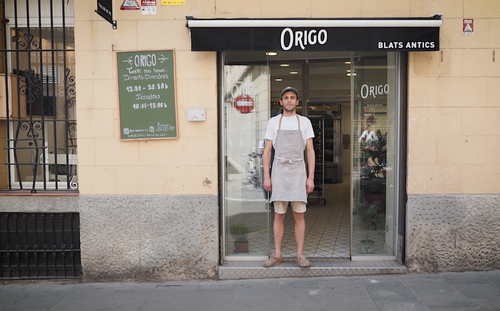
Work in Barcelona: François
Originally from Belgium, he left his job at Google in San Francisco to move to Barcelona with his wife, where he decided to open his own bakery.
11. 12. 2019
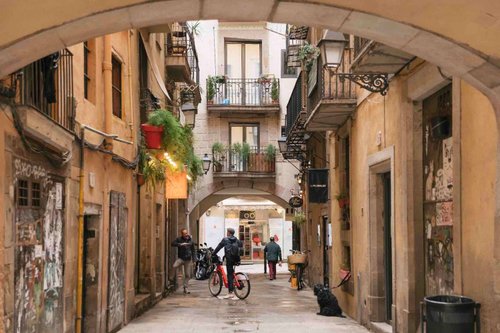
Work in Barcelona
Considering relocating to Barcelona? Let’s have a look behind the scenes to understand what it takes to be a happy expat in Barcelona.
11. 12. 2019
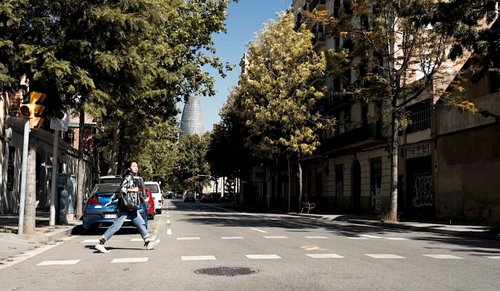
Work in Barcelona: Amy
Born and raised in Canada, Amy moved to Barcelona to change career by retraining as a software developer. Here's her expat experience of the city.
11. 12. 2019
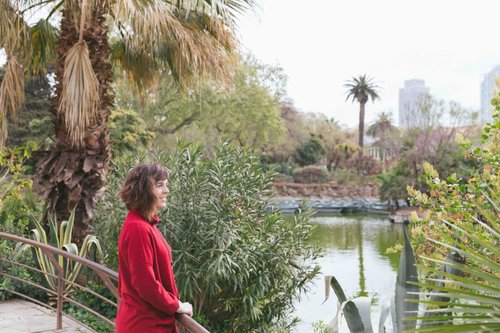
My Barcelona: ‘The city is so much richer than it seems’
For Anaïs, Barcelona is such an enticing city that she has made it her home not once, but twice.
13. 11. 2019
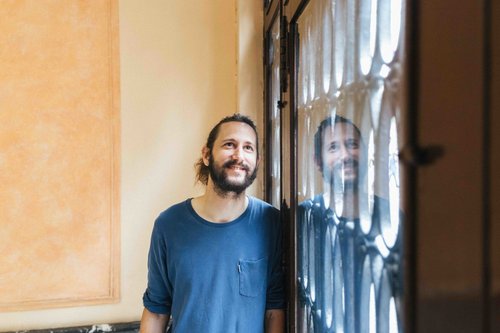
My Barcelona: ‘It’s the Silicon Valley of Europe’
Frenchman Erwan Riou originally qualified as an architect, but after a stint in Brazil, the 33-year-old started retraining as a programmer...
13. 11. 2019
Zpravodaj, který stojí za to
Chcete držet krok s nejnovějšími články? Dvakrát týdně můžete do své poštovní schránky dostávat zajímavé příběhy, nabídky na práce a další tipy.

Hledáte svou další pracovní příležitost?
Více než 200 000 kandidátů našlo práci s Welcome to the Jungle
Prozkoumat pracovní místa